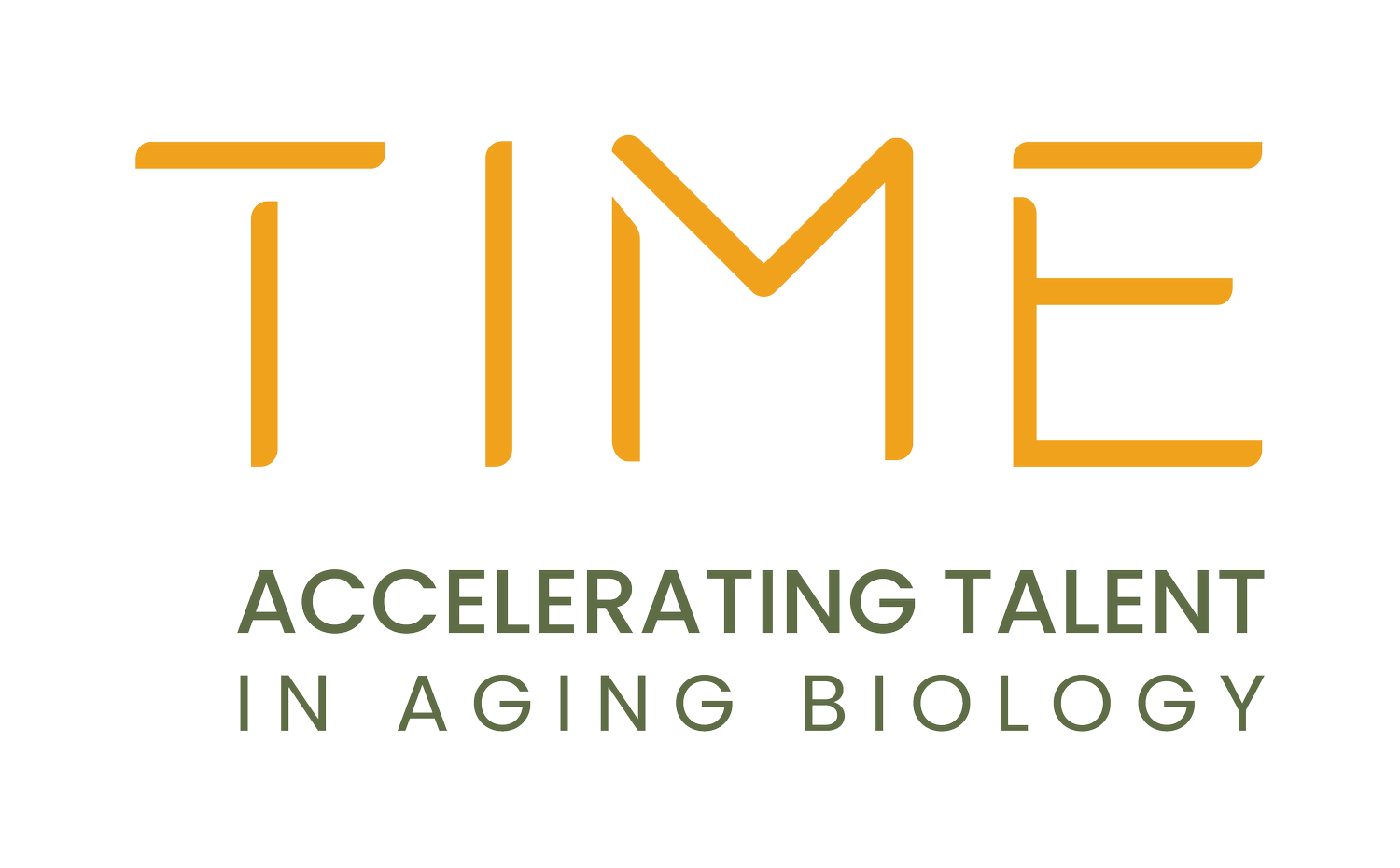Untangling Aging: Investing in Tomorrow's Tomorrow: Age1 and Longevity Moonshots
Introducing the Untangling Aging Article Series
Hi everyone! I'm Jessica, an undergrad at Yale. As someone interested in women’s health and medicine, I’ve recently been drawn into the captivating world of aging biology. My journey, filled with enlightening conversations and personal insights, has sparked a passion I'm eager to share. This article series will spotlight influential figures in the longevity field, blending their expertise with my new perspective. Each article will contain an interview with the featured person alongside my personal curiosities and reflection, especially as someone who is new to the field. Let's dive into the exciting realm of healthy longevity together! I hope you can learn with me and perhaps begin your own explorations as well!
While attending an on-campus VC workshop in Spring 2023, the lecturer posed us an interesting question: “What is your investment thesis?” Earlier, we had talked about the highly successful Union Square Ventures, and their one-sentence investment theses throughout the years that have resulted in them backing high-profile companies like Twitter, Etsy, Coinbase, Stack Overflow, and many more. And now, in this short role-playing exercise, it was my turn: if I were a VC firm, what would be my investment strategy, and why?
My mind wandered to the budding field of healthy longevity. As it just so happened, I’d read “Lifespan” by David Sinclair not too long ago, and I was in my aging biology rabbit-hole phase. The notion of “living longer, healthier” was gaining momentum, resonating not only with the aging population currently grappling with various health challenges but also the younger generation that is starting to prioritize wellness and self-care. My mind wandered to the aging biology research currently being conducted in university labs and research institutes like Buck Institute’s, which hold the potential to revolutionize our understanding of healthspan. And then there were visionary founders in the field, such as Daisy Robinton’s Oviva Therapeutics or Celine Halioua’s Cellular Longevity, whose stories and ambitions inspired me. If I were a VC firm, I would undoubtedly back longevity biotech startups.
I left the seminar with a new mission: to find out if VC firms were indeed investing in longevity biotech, and if so, to learn everything I can about them. For instance, what is the story behind their founding? What is their operating strategy and why? What insights do they have on the current and future longevity field? I did a bunch of googling and noted down some names. However, the real turning point came after a summer conversation with Courtney Hudson-Paz. I shared my interest in longevity-focused VC firms, and she encouraged me to connect with Alex Colville. I was so grateful I followed her advice and that Alex was receptive. What followed was a conversation that was as fun as it was insightful!
Age1, the evolution of The Longevity Fund, aims to support contrarian, founder-led companies who are aiming to create longevity moonshots. They were originally inspired by the ambitious and pragmatic entrepreneurs who came out of their 3-months accelerator program in 2018. I was surprised at how differently age1 operated compared to conservative and slow-moving biotech VCs. And I love it–– as someone who loves dreaming big, I found it refreshing that they believed in founders who may be less experienced but are extremely talented, driven, and passionate about their missions. Our conversation further fuelled my curiosity, prompting the following questions I hope to ask in my next encounter with Alex:
How does he meet these visionary founders with high potential, but who aren’t already in the spotlight?
How does he evaluate the characters of founders, an important aspect of age1’s investment philosophy?
How do they conduct their due diligence on the science behind the startups?
What is it like pitching age1 to potential, including ultra-high-net-worth individuals he met on the day of our interview?
How does age1 compare to other VCs investing in longevity startups?
Yet, one of the biggest highlights of our conversation was hearing Alex talking about his story about aging biology. I didn’t know that he, too, had been drawn into the field through David Sinclair’s work! Even cooler, he invited David Sinclair to speak at a club event and later received a personal invitation to work in the Sinclair lab. He took a lot of initiative then, and he continued to do so throughout his career, leading to him co-founding age1 with Laura Deming today. He gives the same valuable advice to all other undergrads like me: to step up and reach out, to actively help other people, and to search for super mentors, all of which take a lot of effort and courage. I left my conversation with Alex not only having gained so much knowledge about VC but feeling inspired by him–– just like him on this journey within aging biology, I aim to fearlessly take initiative for my curiosities and dreams.
